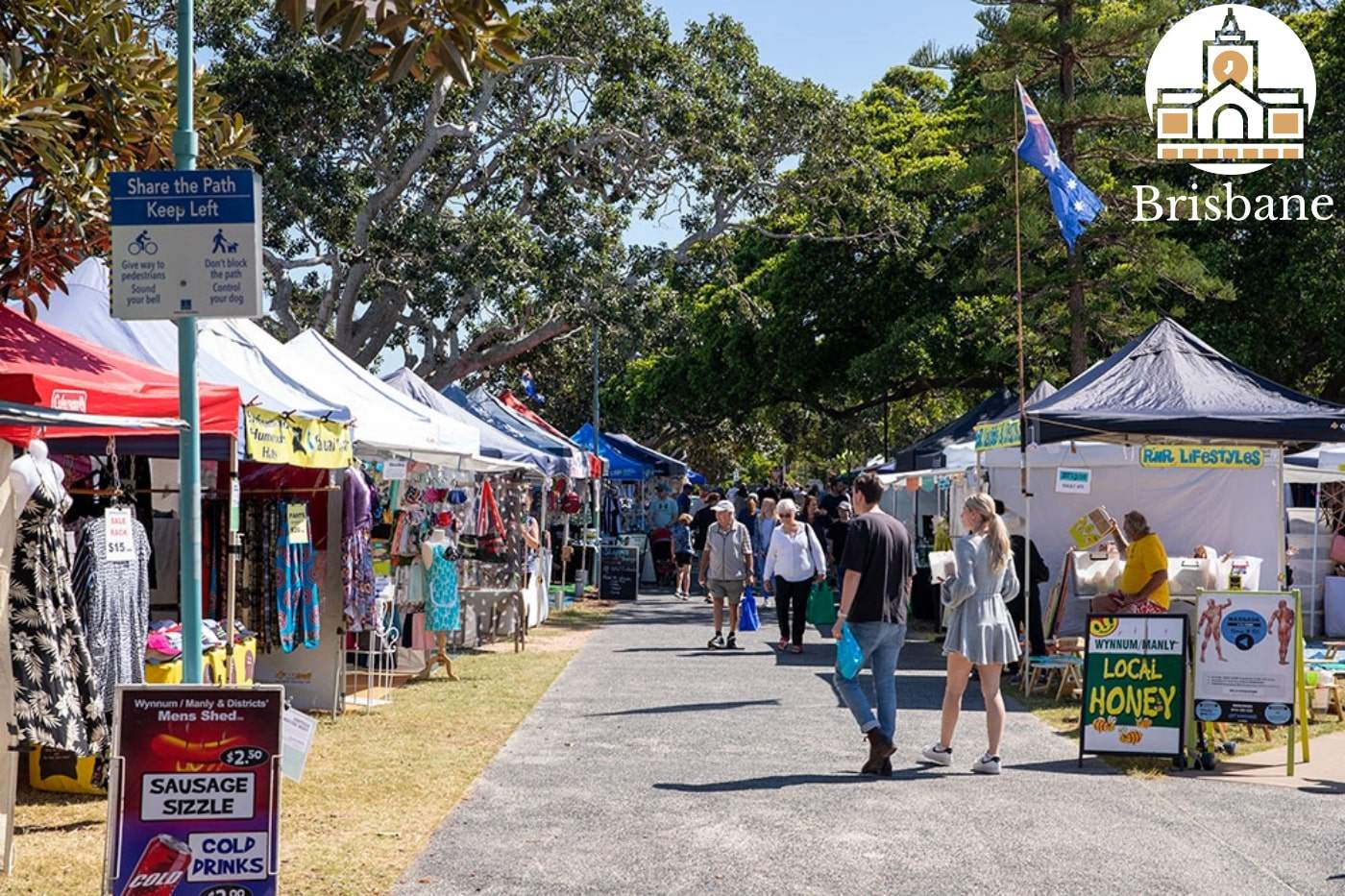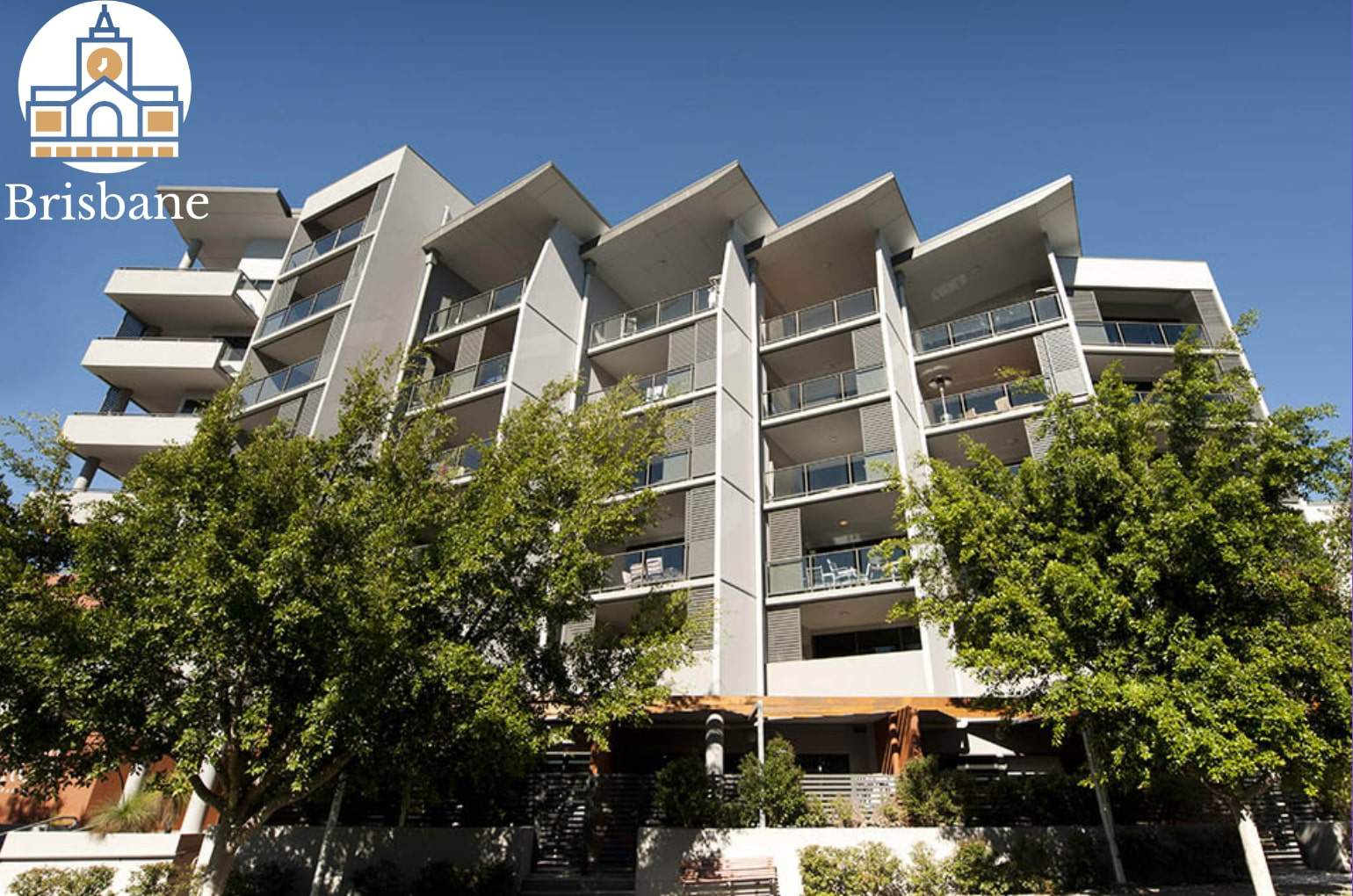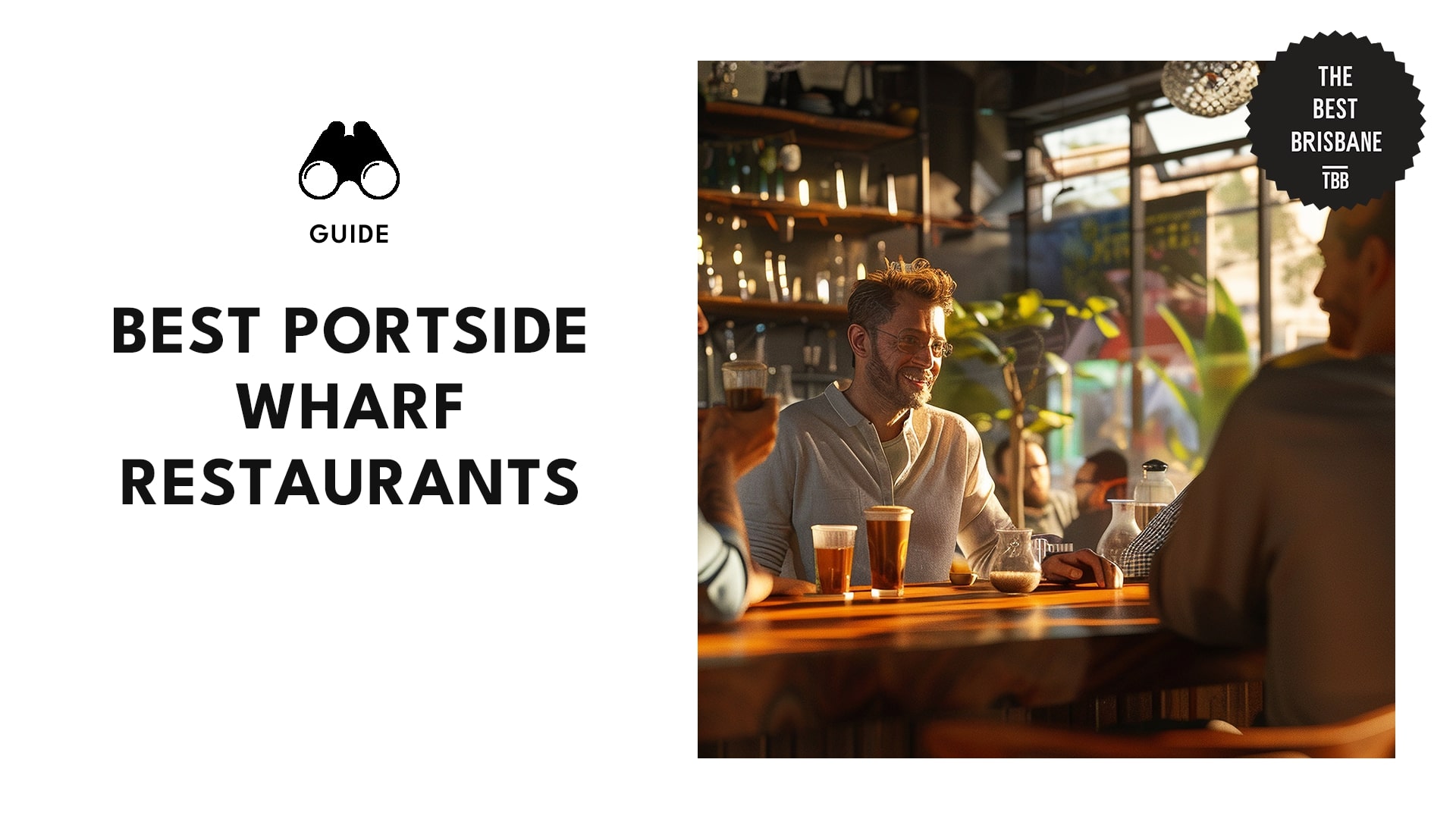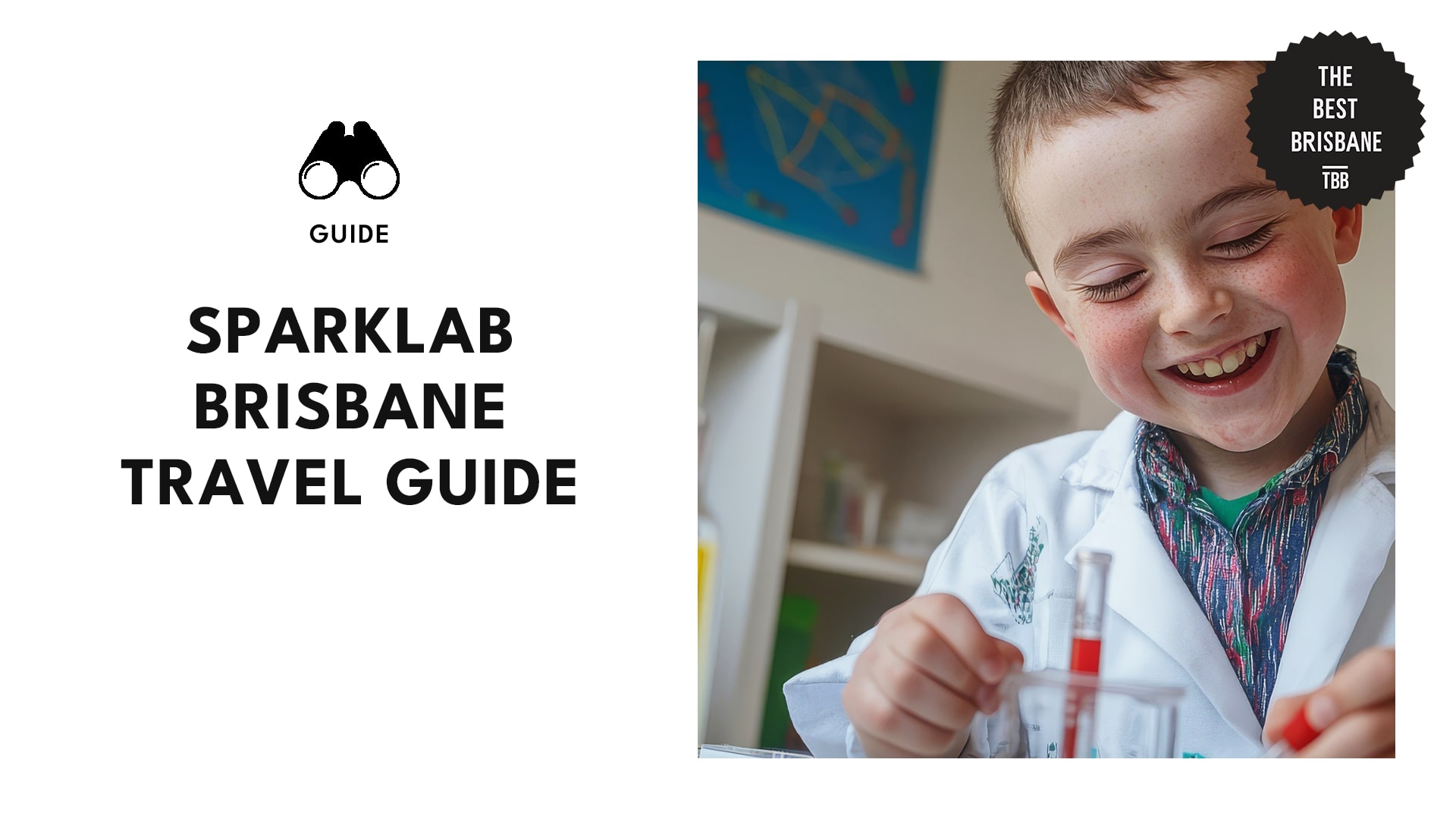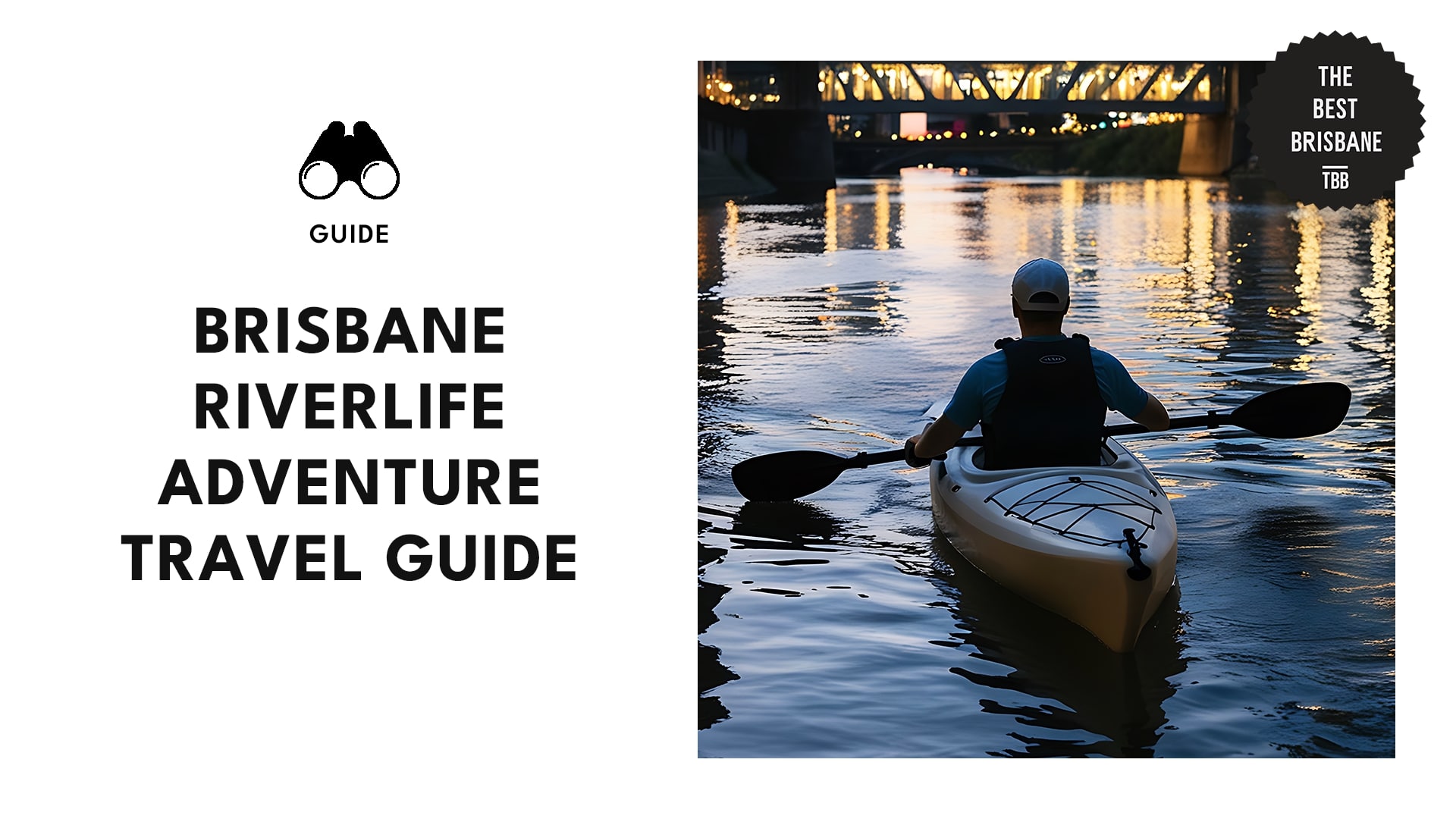Categories > Guides and Tips
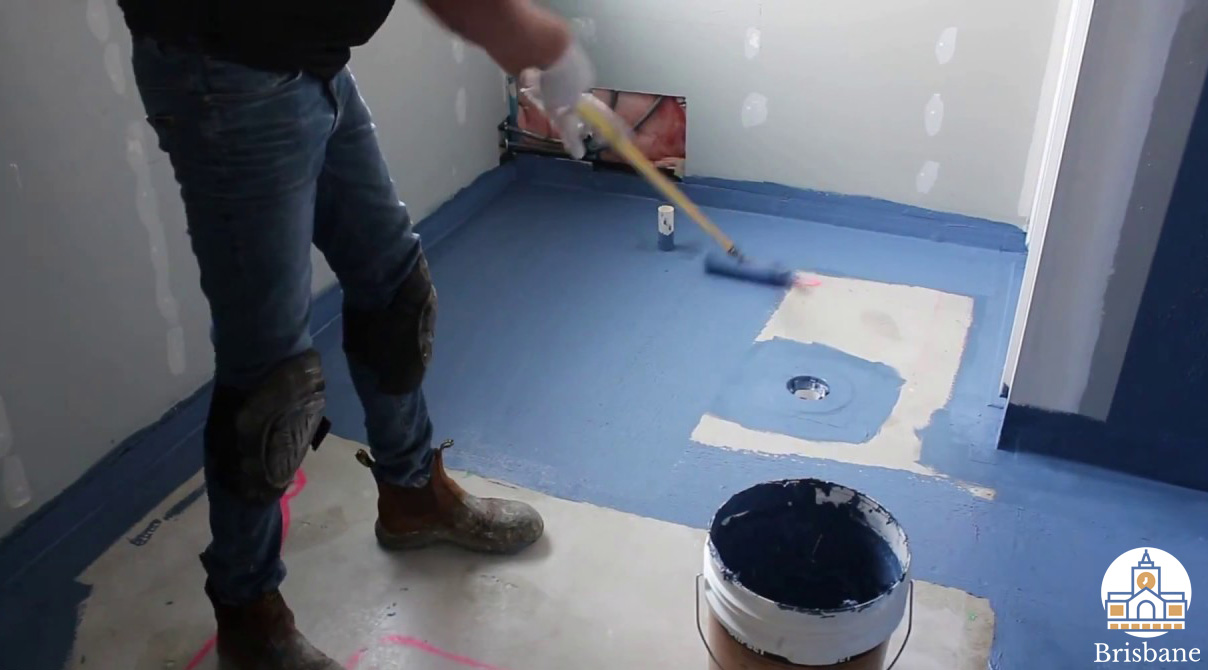
Guide to Waterproofing Bathroom Floors for Your Brisbane Home
- What is Waterproofing?
- Tools and Materials Needed in Waterproofing a Bathroom Floor
- Overview of the Process of Waterproofing a Bathroom Floor
- Top Bathroom Waterproofing Services in Brisbane
- Can You DIY Waterproofing a Bathroom Floor in Brisbane?
- Cost of Waterproofing a Bathroom Floor in Brisbane
- What is the Australian Standard for Waterproofing a Bathroom?
- Reasons Why You Should Waterproof Your Bathroom Floors
Waterproofing a bathroom floor is important for two reasons: to keep your bathroom looking great, and to prevent any water damage to the floors or walls. In this article, we’re going to guide you through the process of waterproofing your bathroom floor.
What is Waterproofing?
Waterproofing is the process of adding a membrane-like layer beneath the tiles. This will then serve as a barrier that prevents water from seeping through the walls of the damp area into the rest of your home.
It involves a water-based Polyurethane material that is applied to the surface (much like paint) and dries to form a protective coating. If done properly, the waterproofing protection can last for 10 to 20 years or more.
Tools and Materials Needed in Waterproofing a Bathroom Floor
The following tools and materials are needed in waterproofing a bathroom floor.
Tools
- Cleaning equipment
- Hammer
- Knife
- Paint roller tray
- Paint roller or paint brush
- Paint scraper
- Spirit level
Materials
- Primer
- Silicone
- Waterproofing Agent
- Waterproofing Membrane
Overview of the Process of Waterproofing a Bathroom Floor
While it’s required that the person who will perform the waterproofing process for your bathroom floor is a licensed professional, it’s also important that you’re aware of how it’s done. Here are the steps for waterproofing a bathroom floor.
1. Clean the Area

Clean the walls and flooring first before beginning the waterproofing procedure. All surfaces should be spotless and free from adhesion-reducing substances like grease and dust. Also, see to it that the floor is dry.
2. Paint the Primer

Using a paint roller or brush, apply the primer to the floor and to the walls as well up to a height of 20 to 30 cm. The best course of action is to work on the walls first, starting at the back corner before moving on to the floors. Then, let it dry.
3. Fill in the Gaps with Silicone

The next step is to use silicone to cover any gaps left by the primer. These include the spaces between the floor and the wall, the area surrounding the vanity, the area near the shower, and the base of the shower, among others.
Scrape the old silicone using a paint scraper or Stanley knife. After that, apply the new silicone and wait for it to dry for around 24 hours. As it dries, it will seal any potential gaps.
4. Apply Masking Tape on the Walls

Apply masking tape like you would when painting. In this way, your bathroom waterproofing is completed with a straight edge.
5. Lay on the Waterproofing Agent

Now, it’s time to apply the waterproofing agent using a roller or brush. You can start around the wall leading to the height of your masking tape. Then, work on where the wall and floor meet.
6. Place the Waterproof Membrane

The wall and the floor cracks should then be covered with a waterproof membrane. Before placing it, cut it to the proper lengths first. To secure the waterproof membrane firmly, the waterproofing agent should then be painted over it entirely without gaps.
7. Paint the Whole Floor with a Waterproofing Agent

After the previous application of the waterproofing agent has already dried, apply again a waterproofing agent but this time, to the entire floor. Take note that this is the first coating and it will take around 24 hours for it to be completely dry.
8. Apply the Second Coating of the Waterproofing Agent

There should be at least 2 coats of waterproofing applied, and it should be applied in a different direction than the first (i.e. diagonally). Wait for it to dry for another 24 hours.
Take note that before tiling or doing any other work in the bathroom, the waterproofing must be completely cured. Usually, this could take around five days.
Top Bathroom Waterproofing Services in Brisbane
Here are some bathroom waterproofing services in Brisbane. Check out their contact info for more inquiries.
1. Brisbane Bathroom Waterproofing

Brisbane Bathroom Waterproofing has experienced specialists to solve your bathroom’s leaky issues. Although they are mainly based in Brisbane, they also offer their services in the Sunshine Coast, Gold Coast, and Ipswich areas.
| WEBSITE: | https://brisbanebathroomwaterproofing.com/ |
| ADDRESS: | 1205/36 Lambert St, Kangaroo Point QLD 4169, Australia |
| CONTACT INFO: | +61 452 445 992, [email protected] |
| OPERATING HOURS: | Monday – Saturday: 7AM-5PM |
2. Eternity Waterproofing

Eternity Waterproofing is committed to providing high-quality waterproofing solutions. You can simply book them online to avail of their services.
| WEBSITE: | https://eternitywaterproof.wixsite.com/website |
| ADDRESS: | 63 Friend St, Wakerley QLD 4154, Australia |
| CONTACT INFO: | +61 499 584 309, [email protected] |
| OPERATING HOURS: | Monday – Friday: 7AM-5PM, Saturday: 7:30AM-2PM |
3. Megasealed Brisbane Central

Megasealed Brisbane Central offers various bathroom repairs such as leaking showers, leaking balconies, and tile sealing, among others. Other professional services they provide include waterproofing.
| WEBSITE: | https://www.megasealed.com.au/megasealed-brisbane-central/ |
| ADDRESS: | Cornubia QLD 4130 |
| CONTACT INFO: | +61 7 3287 9664, [email protected] |
| OPERATING HOURS: | Monday – Friday: 7:30AM-5:30PM |
4. Aquashield Bathrooms

With the Aquashield Bathrooms, you are guaranteed with professional service as they have a staff of licensed waterproofers. They also follow the National Building Code of Australia when providing waterproofing services to their clients.
| WEBSITE: | https://aquashieldbathrooms.com.au/ |
| ADDRESS: | 5/17 Tile St, Wacol QLD 4076, Australia |
| CONTACT INFO: | +61 7 3466 4982, [email protected] |
| OPERATING HOURS: | Monday – Friday: 9AM-5PM |
5. Leaky Showers

For over 17 years, Leaky Showers has been waterproofing and repairing leaking showers all over Brisbane, the Redlands, and the Gold Coast. Whatever the leaking problem is, they always find a cost-effective and efficient solution for their clients.
| WEBSITE: | https://leakyshowers.com.au/ |
| ADDRESS: | Banyo Office, Brisbane QLD |
| CONTACT INFO: | +61 403 558 896, [email protected] |
| OPERATING HOURS: | Monday – Friday: 7AM-5PM, Saturday: 8AM-12PM |
Can You DIY Waterproofing a Bathroom Floor in Brisbane?

Unfortunately, DIY waterproofing is not an option as Brisbane and the entire state of Queensland require that the person who performs the waterproofing must have a valid waterproofer’s license.
It makes sense to get it done right the first time to avoid issues such as the occurrence of leaks, rising dampness, and other possible structural damage. Hiring a professional is highly recommended as they have the necessary knowledge to waterproof a bathroom.
Oftentimes, a certified waterproofer will issue a compliance certificate after finishing the job. Ask your waterproofer to give you a waterproofing certificate and warranty upon completion of the project.
Cost of Waterproofing a Bathroom Floor in Brisbane
At the low end of the scale, bathroom waterproofing in Brisbane might run anywhere from $30 to $45 per square meter. However, a typical-sized bathroom will cost between $500 and $750 to be completely waterproofed.
On the other hand, getting quotations from nearby bathroom waterproofers is the easiest way to determine the price of your project. In this way, you’ll get an idea of the current market rates.
What is the Australian Standard for Waterproofing a Bathroom?
For the construction of residential buildings, the Australian construction standards adhere to specific guidelines. When waterproofing the wet areas of a building such as a bathroom, the standard to be followed is the AS 3740 or the Australian Standard 3740.
With these regulations, the following minimum requirements must be met:
- All shower floors must be waterproofed.
- All shower walls should be waterproofed and measured at least 1800mm.
- The entire bathroom floor must be waterproofed if the floor is made of particle boards or wood, or if the bathroom is on the second floor.
- It should also be waterproofed if there are any floor steps that are less than 100mm in height.
Reasons Why You Should Waterproof Your Bathroom Floors
A waterproof bathroom floor is an important element of a home as it protects the structure from any potential damage. However, it also brings a lot of other advantages such as the following.
1. Protection from Structural Damage

A bathroom is one area of a house where structural damage is likely to occur over time due to the presence of high interior humidity and high moisture content. Waterproofing a bathroom floor is one way to protect your house from such an issue.
2. Prevents Condensation

Condensation in a bathroom can cause paint to deteriorate, wood to rot, and mold to grow. Waterproofing is the simplest approach to minimizing dampness inside a bathroom.
3. Get Rid of Infestation

In moist environments such as a bathroom, a wide range of pests and microbes flourish, including molds and dry rots. This can lead to some health issues. That’s why you should get your bathroom waterproofed to prevent infestations.
4. Minimizes the Maintenance Costs

High moisture levels in walls and floors can cause paint to crack, rot wood, and serious mold infestations that would need professional help. Waterproofing lessens moisture levels in the bathroom and thus, lowers maintenance costs.
5. Increases the Value of Your House

Waterproofing bathroom floors is one good way to maintain your home in top condition. As a result, it increases its value, whether you are planning to sell it or live in it for the rest of your life.
One way to minimize any potential damage to bathroom floors is by waterproofing them.
As it protects the building, it also averts any potential health risks. The guide mentioned above will walk you through the process of waterproofing bathroom floors.

